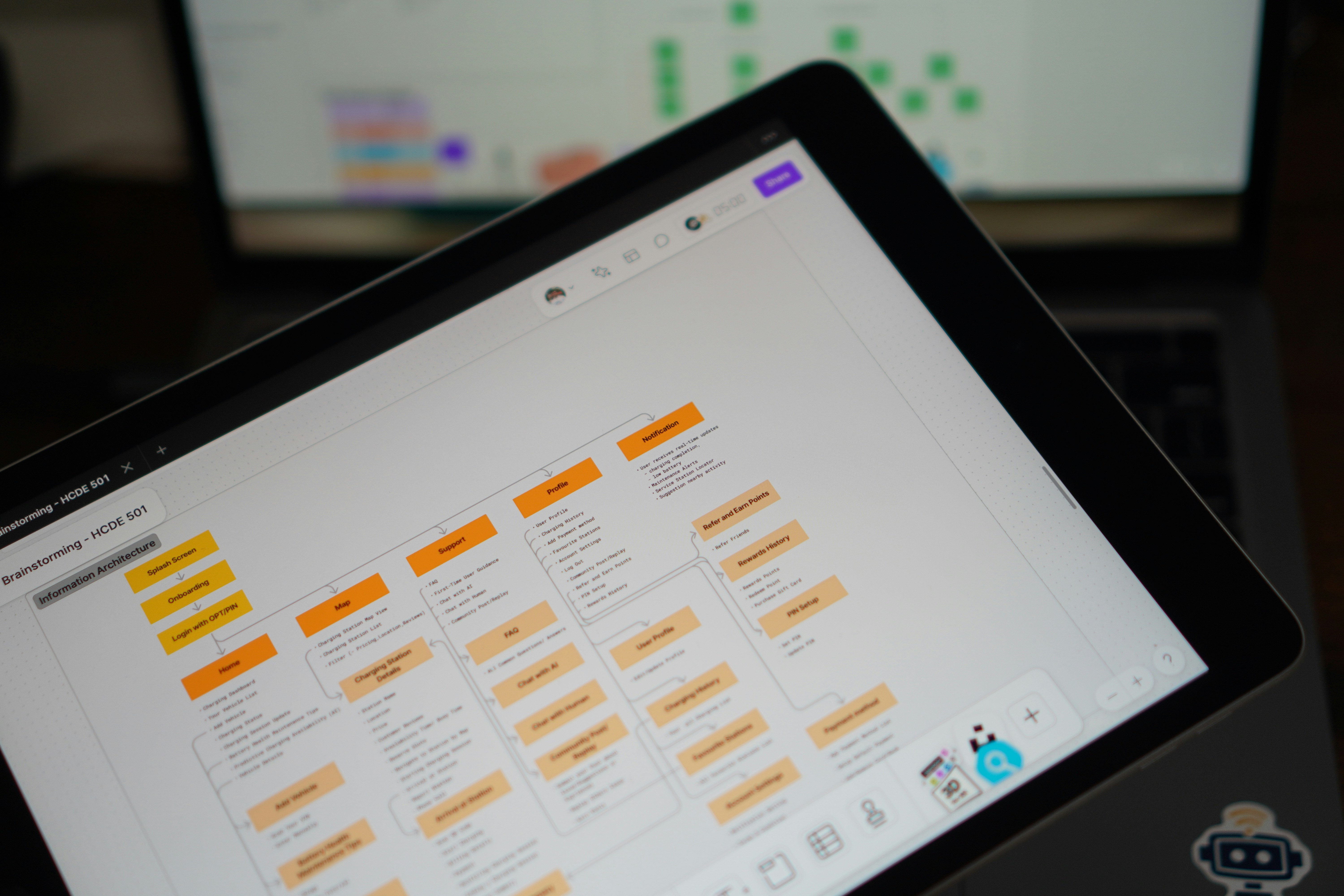
8 Must-Have Soft Skills Assessment Tools for Modern Teams
Successful teams rely on strong interpersonal skills to keep projects on track, handle unexpected challenges, and work well together when deadlines approach. Leaders who assess these abilities can identify both the unique talents and growth opportunities within their teams. By taking the time to evaluate how team members communicate, adapt, and cooperate, organizations can create training and provide feedback that truly matches each person’s needs. This practical approach not only helps new employees settle in more quickly, but also lifts morale across the entire group. Investing in these skills leads to better collaboration and more effective results for everyone involved.
To choose the best tools, match features to goals. Some platforms deliver instant results, while others emphasize reflection and peer feedback. Clear reports and data dashboards help managers identify trends, plan workshops and monitor progress. Below, we examine top soft skills, excellent assessment options and practical steps for smooth implementation.
Key Soft Skills to Measure
Focusing on essential behaviors helps teams reach their best results. Track these eight skills to get a well-rounded view:
- Communication – Clarity in speech and writing, active listening.
- Collaboration – Willingness to share ideas and support teammates.
- Adaptability – Responding quickly to shifting priorities and feedback.
- Problem Solving – Approaching challenges with creativity and logic.
- Emotional Intelligence – Understanding your own and others’ emotions.
- Time Management – Prioritizing tasks and avoiding delays.
- Conflict Resolution – Addressing disagreements constructively.
- Leadership Potential – Guiding peers and influencing outcomes.
Monitoring these areas uncovers skill gaps and patterns across departments. It also identifies high performers ready for new roles.
Tool #1: Interactive Assessment Platforms
Interactive platforms enable users to engage with real-world scenarios. They simulate workplace situations to test reactions and decision-making. You gather data on response times, choice trends and confidence levels.
- Modules based on scenarios that adapt to answers.
- Automated scoring to provide quick insights.
- Customizable question pools aligned with company values.
- Multilingual support to serve international teams.
*InteractAssess* and *SkillsPilot* lead the market with dynamic simulations and clear dashboards. They integrate smoothly with HR systems, minimizing manual efforts.
Use these platforms for quarterly check-ins. They produce visually rich reports that teams find easy to review during feedback sessions.
Tool #2: Behavioral Surveys and Questionnaires
Surveys allow individuals to reflect on their style and preferences. Well-designed questionnaires uncover habits and blind spots.
*Typeform* and *SurveyMonkey* provide templates tailored to emotional intelligence and communication. You can combine rating scales, multiple-choice questions and open-ended prompts.
- Company-specific branding and terminology.
- Conditional logic to show relevant questions.
- Real-time analytics to identify trends.
- Options to export data in CSV, PDF or Excel formats.
Administer these surveys annually to track growth over time. Compare different groups to evaluate the impact of training programs.
Tool #3: Peer Review and 360° Feedback Systems
Peer feedback highlights behaviors that leaders might overlook. The 360° approach collects input from managers, colleagues and direct reports. This broad view promotes honest conversations.
*OfficeVibe* and *CultureAmp* simplify this process. They anonymize responses to encourage openness. Managers receive actionable insights, not just ratings.
- Automated reminders to increase participation.
- Heat maps to display strengths and weaknesses.
- Goal-tracking tools to monitor progress.
Conduct peer reviews twice annually. Combine them with coaching sessions to turn feedback into meaningful change.
Best Practices for Putting Assessment Tools into Action
The way you implement tools is just as important as the tools you select. A clear plan ensures high participation and accurate data. Follow this straightforward process:
- Define Objectives: Connect each tool to specific soft skill goals and business results.
- Explain Benefits: Show how assessments lead to tailored training and career development.
- Train Administrators: Make sure HR or team leaders know how to set up surveys and interpret reports.
- Test in One Department: Pilot with a small group, gather feedback and improve your approach.
- Expand Step-by-Step: Roll out across all teams, monitoring response rates.
- Review Results Regularly: Schedule quarterly reviews to celebrate successes and adjust strategies.
When stakeholders see genuine improvements in communication and problem-solving, they will back more in-depth assessments.
Keep each step transparent. When people understand the reasons behind actions, they participate fully and give honest feedback.
The right tools and a structured plan reveal hidden talents and support ongoing growth.